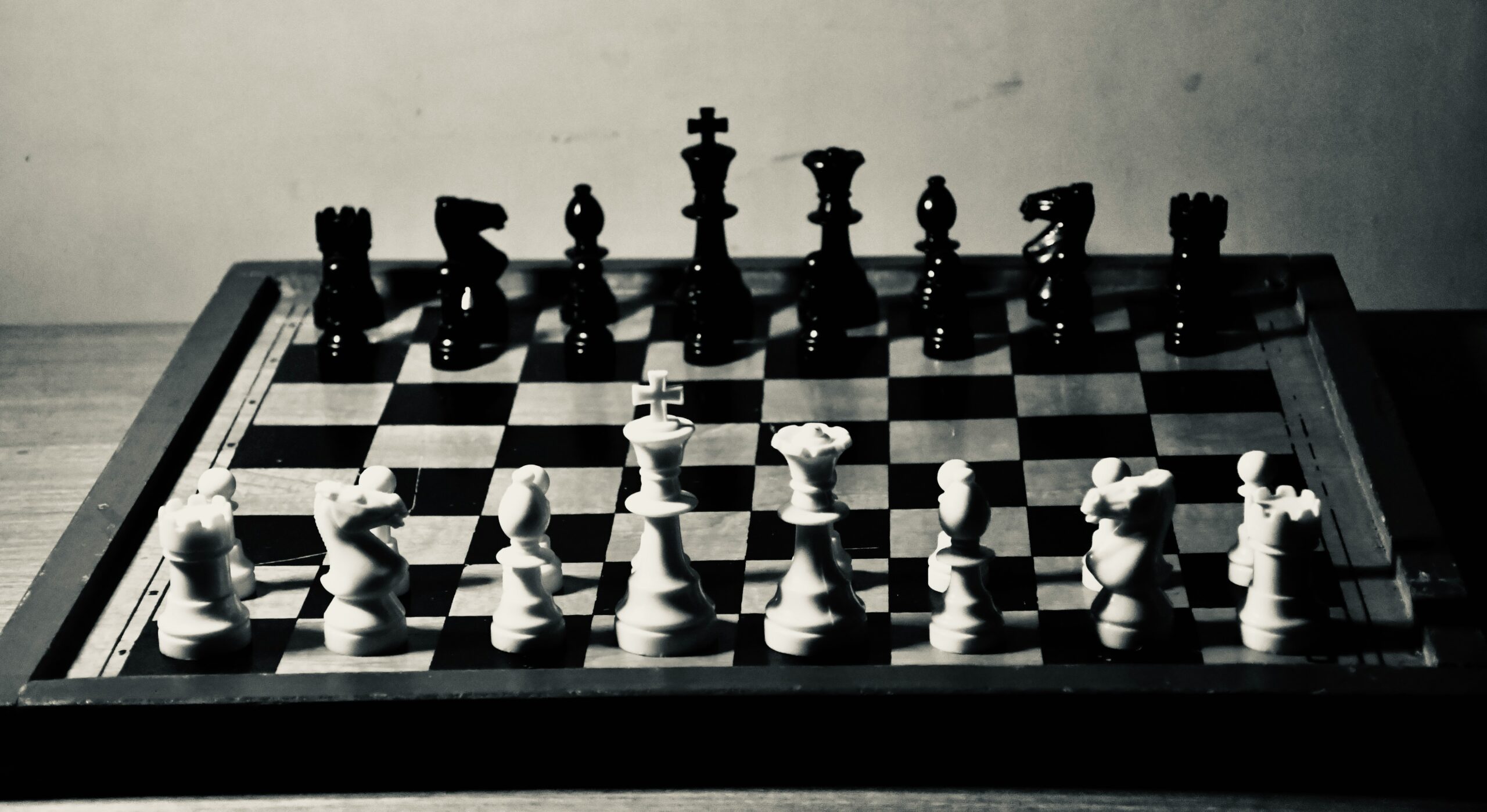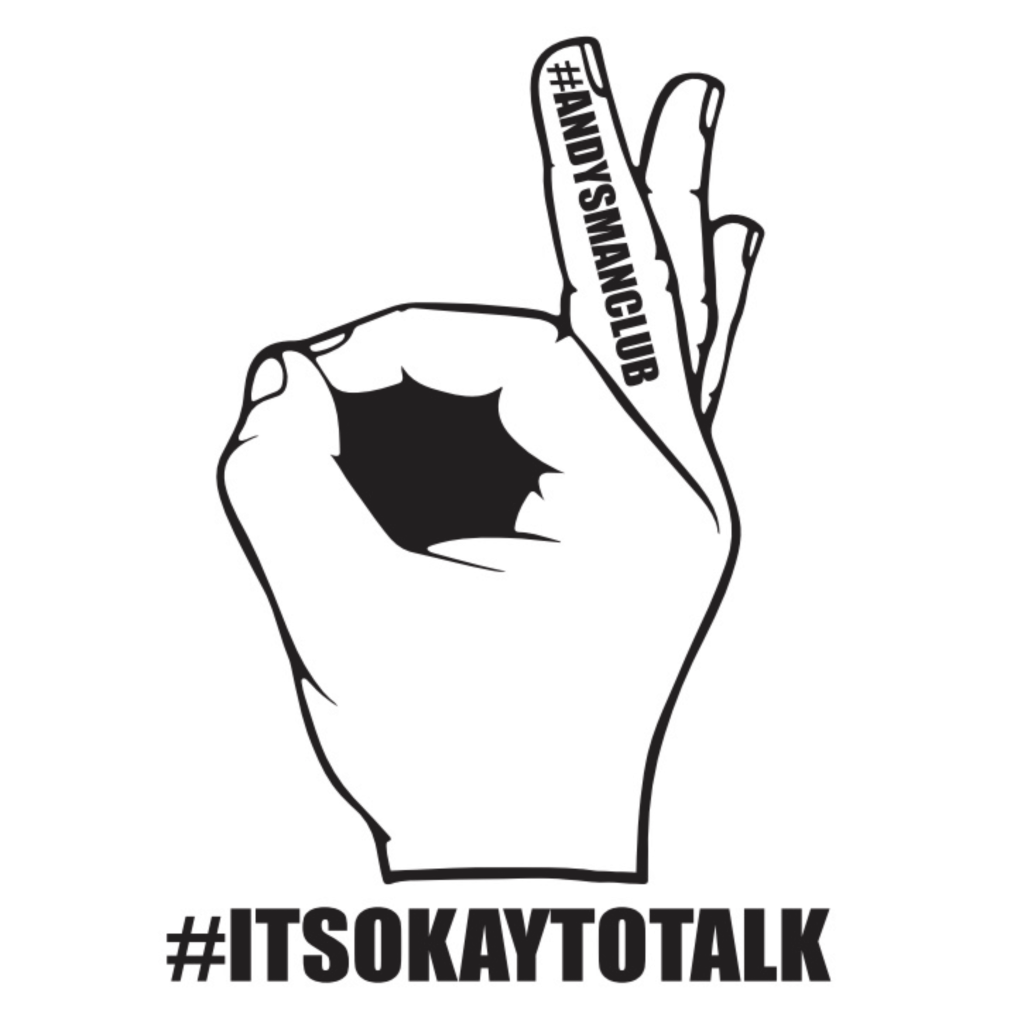For a lot of men, life is built around competition. Whether it’s work, sport or even hobbies, the aim is often to get ahead, be the best, come out on top. So it makes sense that this same drive can creep into areas where it doesn’t really belong. Like therapy.
But here’s the truth. You can’t win at therapy. And that’s not a problem. That’s actually the point.
How Masculinity and Competition Influence Men’s Approach to Therapy
Many men grow up learning to see life through the lens of success and hierarchy. We’re taught that achievement matters. We chase promotions, push harder in the gym, compare ourselves to others without even realising it. This drive can help in some areas. It can lead to ambition, discipline and progress. But it can also get in the way, especially when it comes to mental health.
Therapy isn’t a race. It’s not a test to pass or a project to complete. But plenty of men still come in with that mindset. They try to be the “best” client. To get better fast. To impress the therapist with how self-aware or emotionally intelligent they are. It’s understandable. But it misses the point.
Why Therapy for Men Needs a Different Kind of Mindset
Therapy isn’t about ticking boxes or reaching a goal. It’s about taking time to explore what’s really going on inside. Sometimes that means sitting with stuff that feels uncomfortable. Sometimes it means feeling stuck for a while. There’s no scoreboard. No finishing line. No prize for doing it quicker than someone else.
What matters is honesty, openness and a willingness to go at your own pace. Therapy asks you to look inward. Not to perform for anyone else, not even your therapist, but to get curious about your own patterns, wounds and strengths.
Common Pitfalls When Men Try to “Win” at Therapy
Trying to approach therapy like a competition can backfire. Here’s how that usually shows up:
- You rush the process. You want to fix everything fast. But lasting change doesn’t come from speeding through the work. It comes from going deeper.
- You avoid vulnerability. Being open about pain or confusion can feel like weakness if you’re stuck in competitive mode. So you put on a brave face and miss the real work.
- You seek approval. You want the therapist to praise your progress. But therapy is about your relationship with yourself, not their opinion of you.
Building a Healthier Approach to Emotional Growth in Therapy
If this sounds familiar, it’s worth thinking about a different approach. One that isn’t about winning but about growing.
Steps Men Can Take to Let Go of the Competitive Drive
- Let go of fixed ideas about success. Sometimes just turning up, especially on hard days, is the win.
- Allow yourself to be real. Messy. Unfiltered. That’s where the good stuff happens.
- Shift your focus from outcomes to process. Notice what you’re learning about yourself rather than how far you think you’ve come.
- Be patient. Growth takes time. And it often happens in small, quiet ways.
Therapy Isn’t About Winning – It’s About Showing Up and Growing
Therapy can be uncomfortable for men who are used to chasing goals. It calls for a different kind of strength. Not the kind that pushes through, but the kind that stays present when things feel hard.
There’s no gold medal at the end. But what you gain can be life-changing. More clarity. More peace. A deeper connection to yourself.
So no, you can’t win at therapy. But you can show up, do the work and grow in ways that matter. And that’s the kind of progress worth aiming for.















